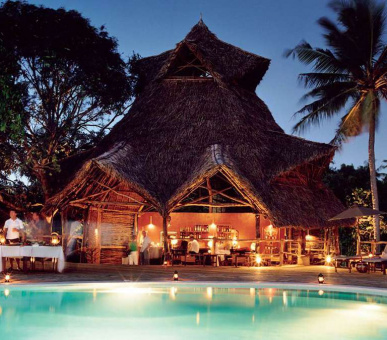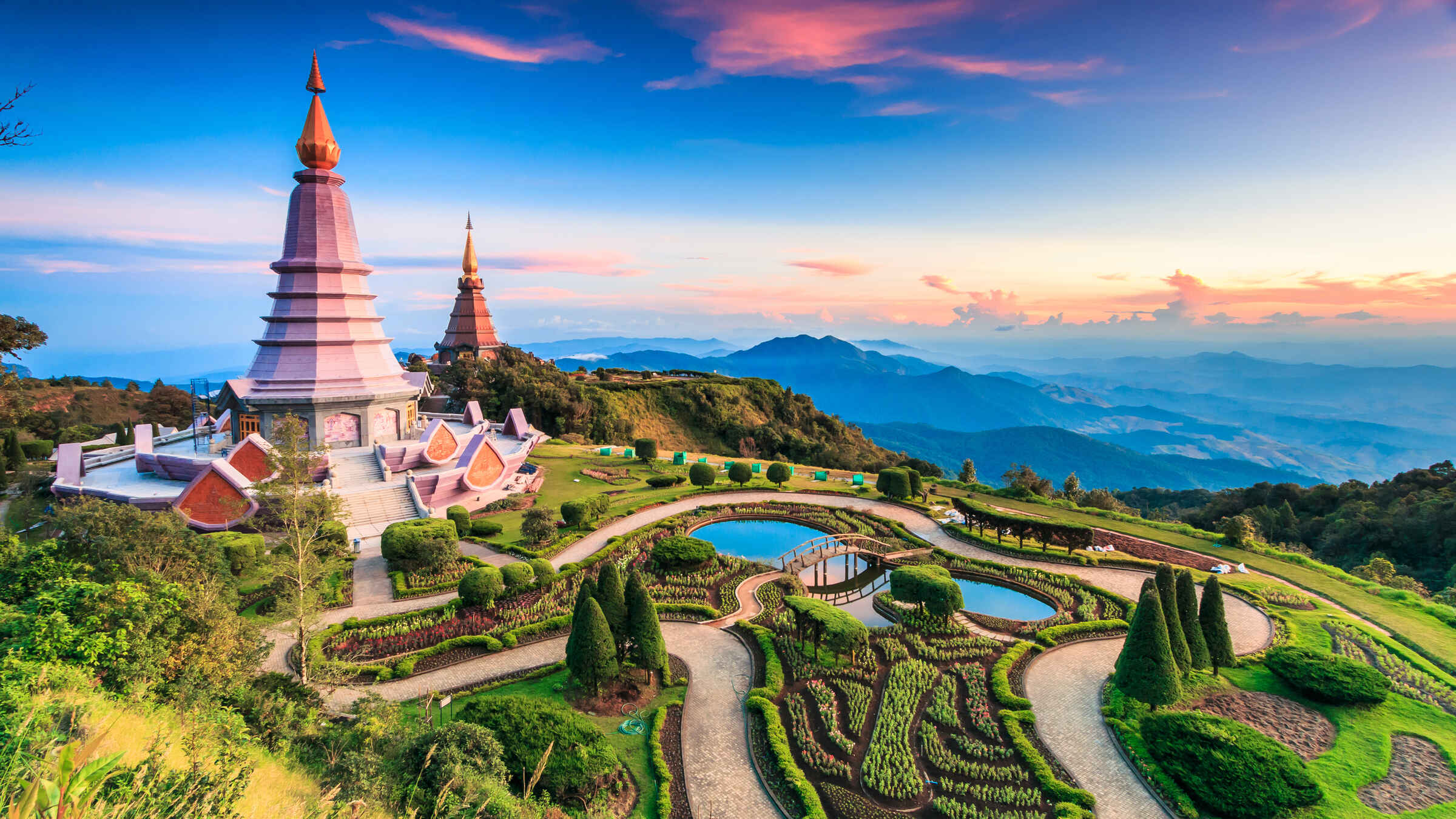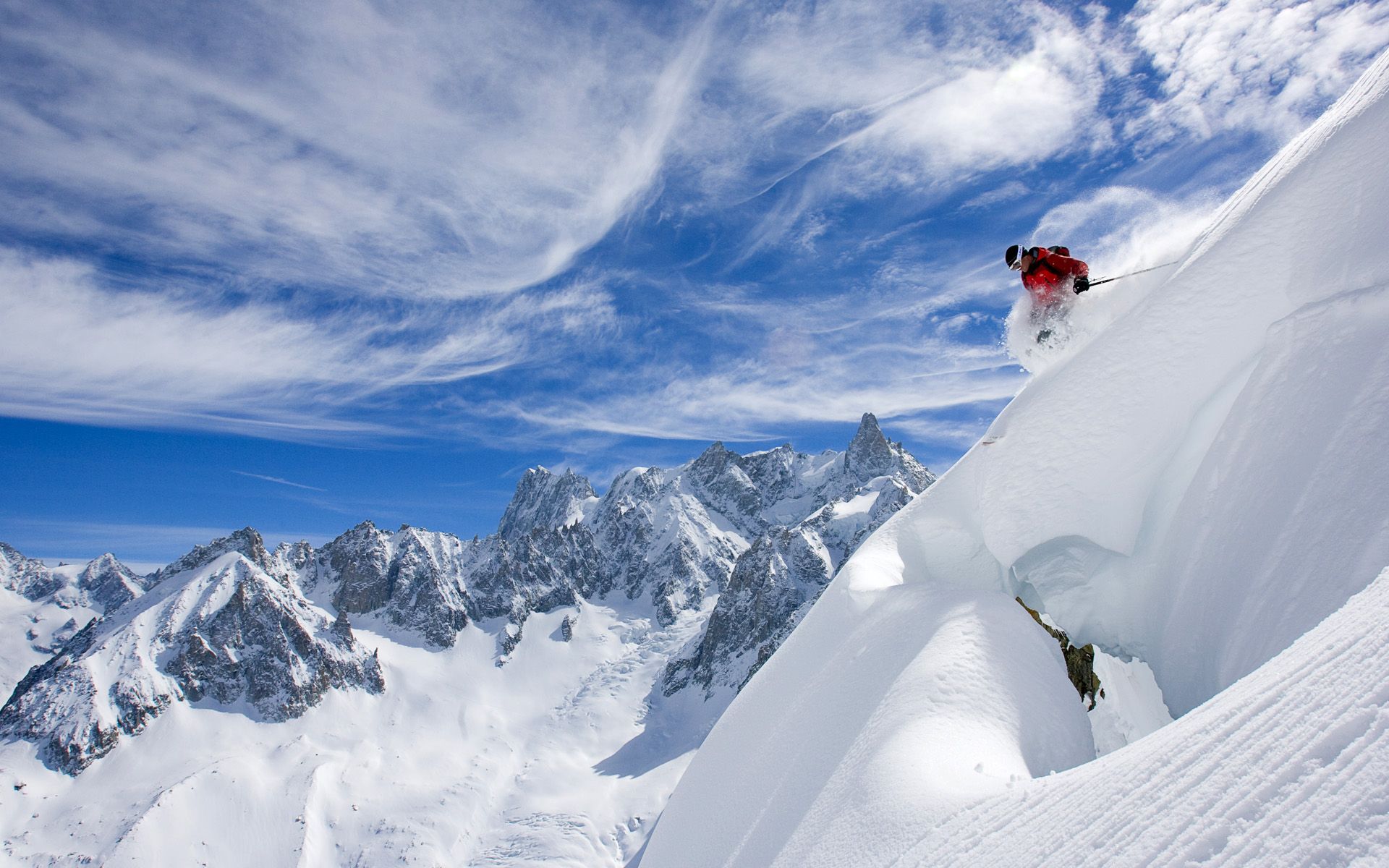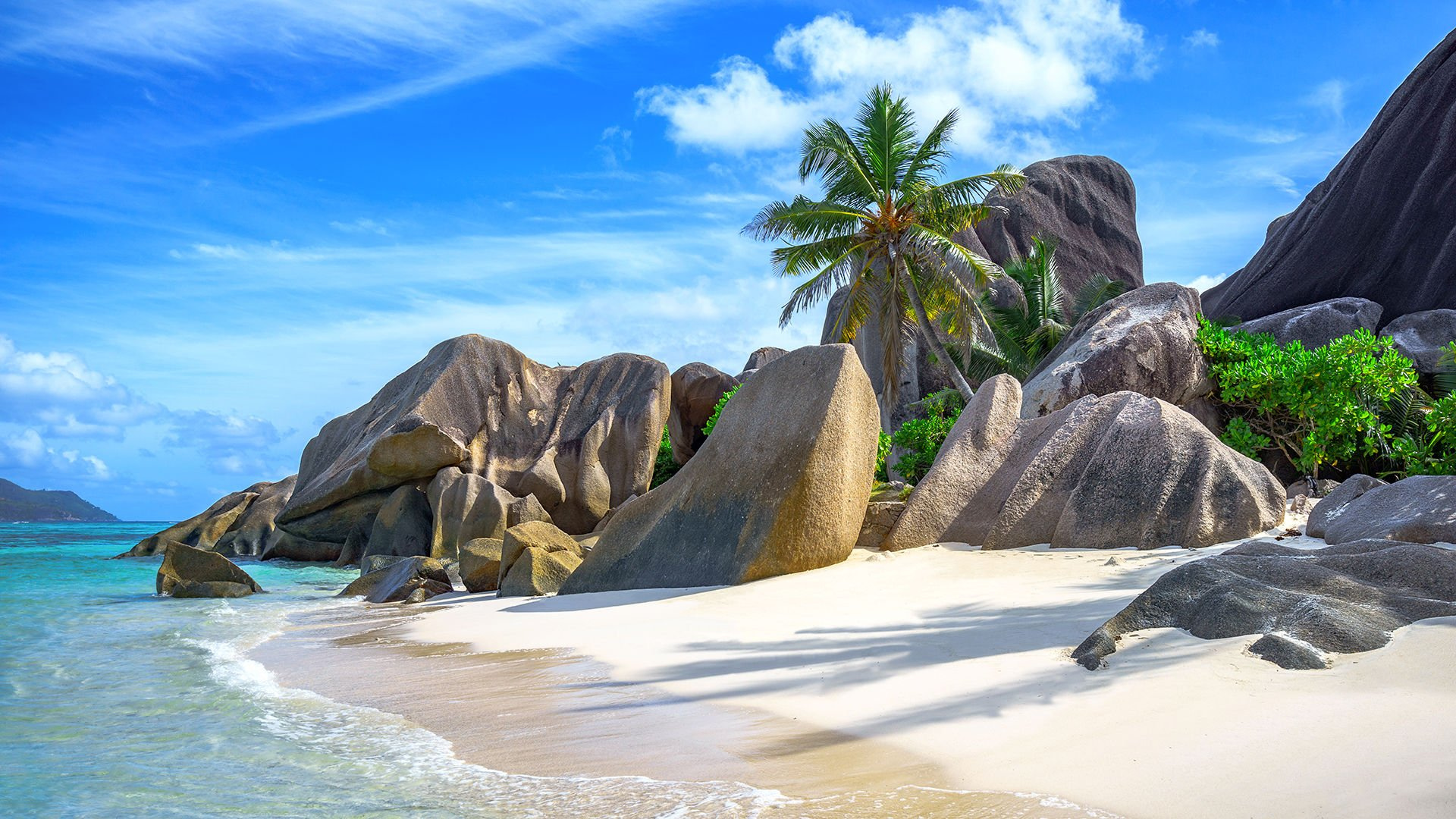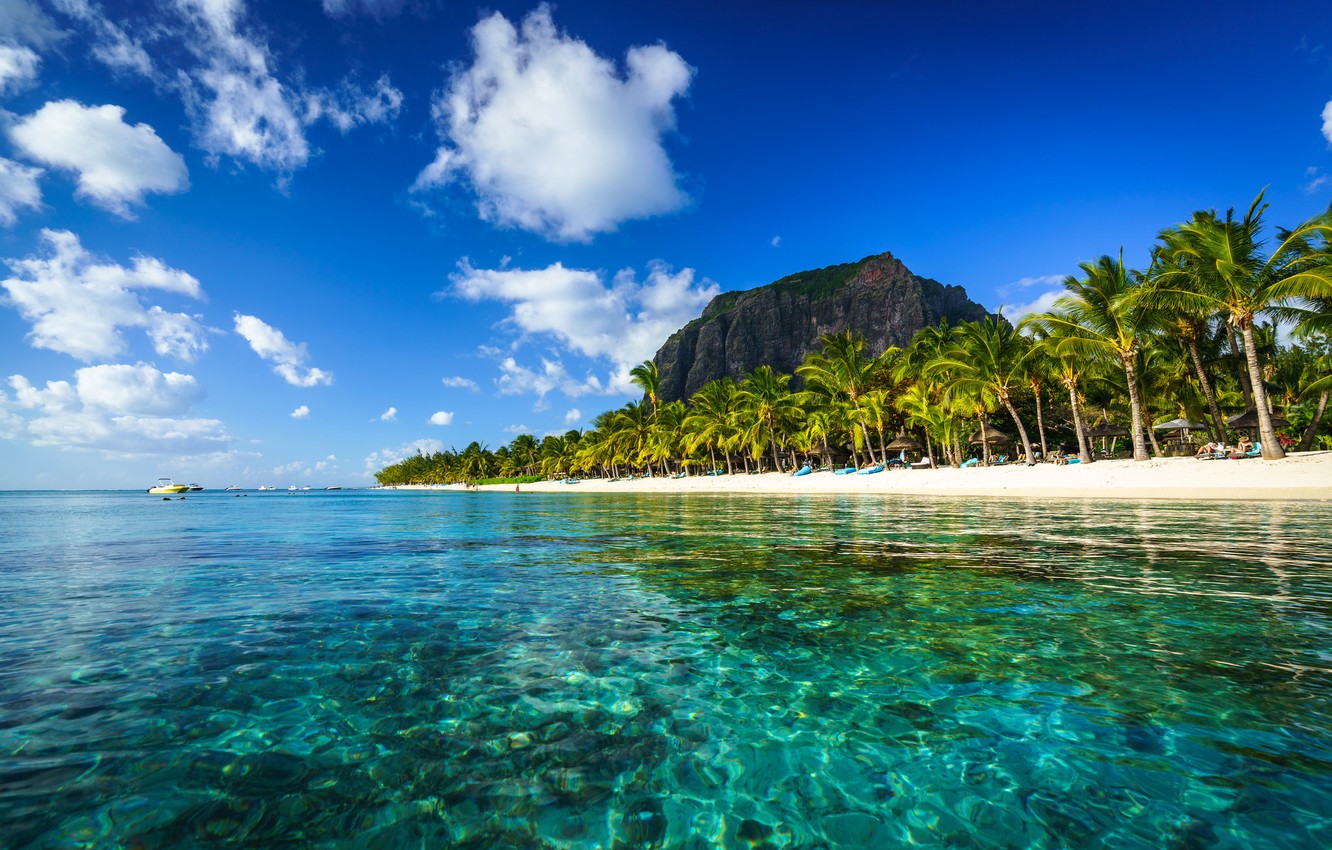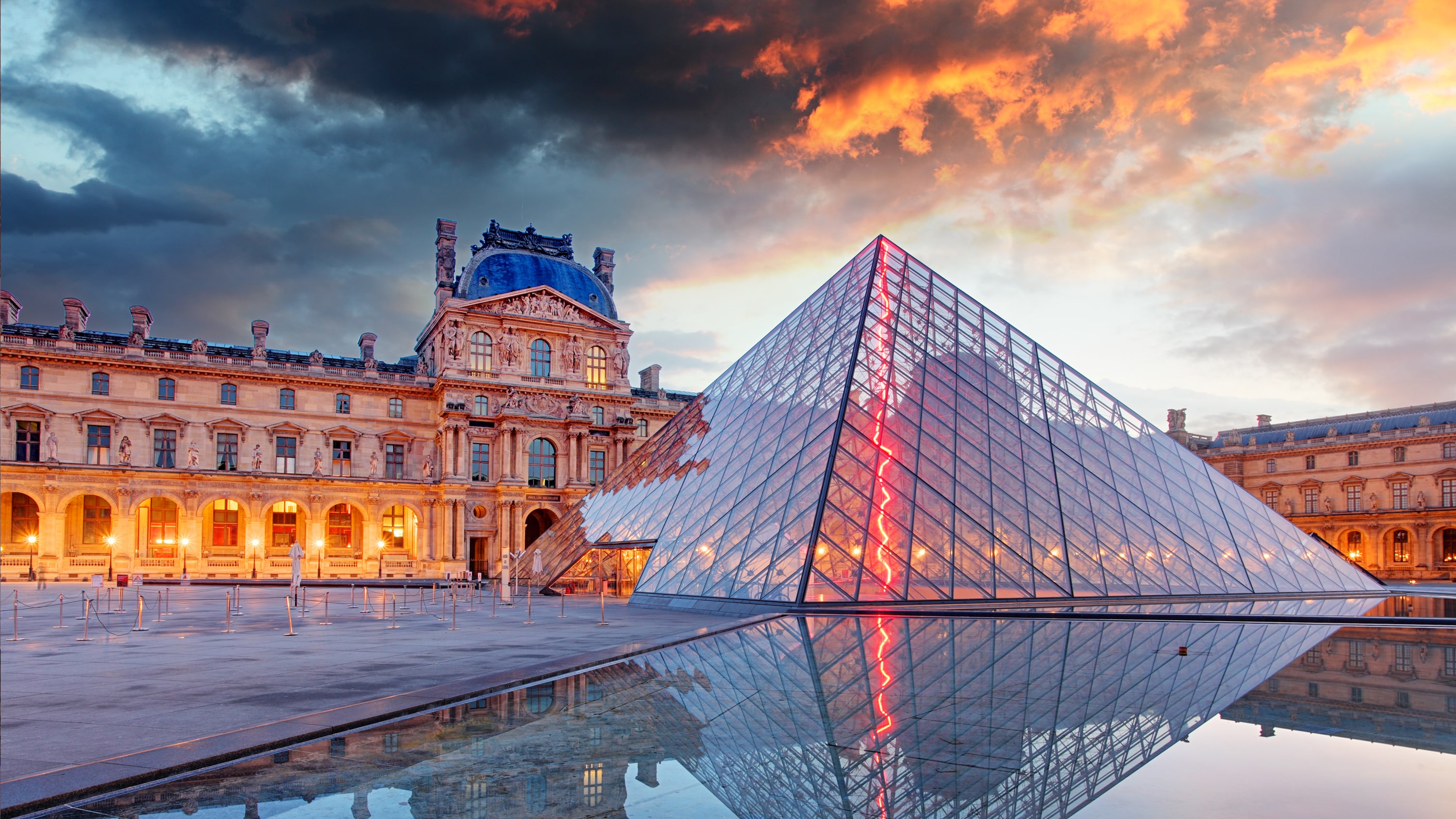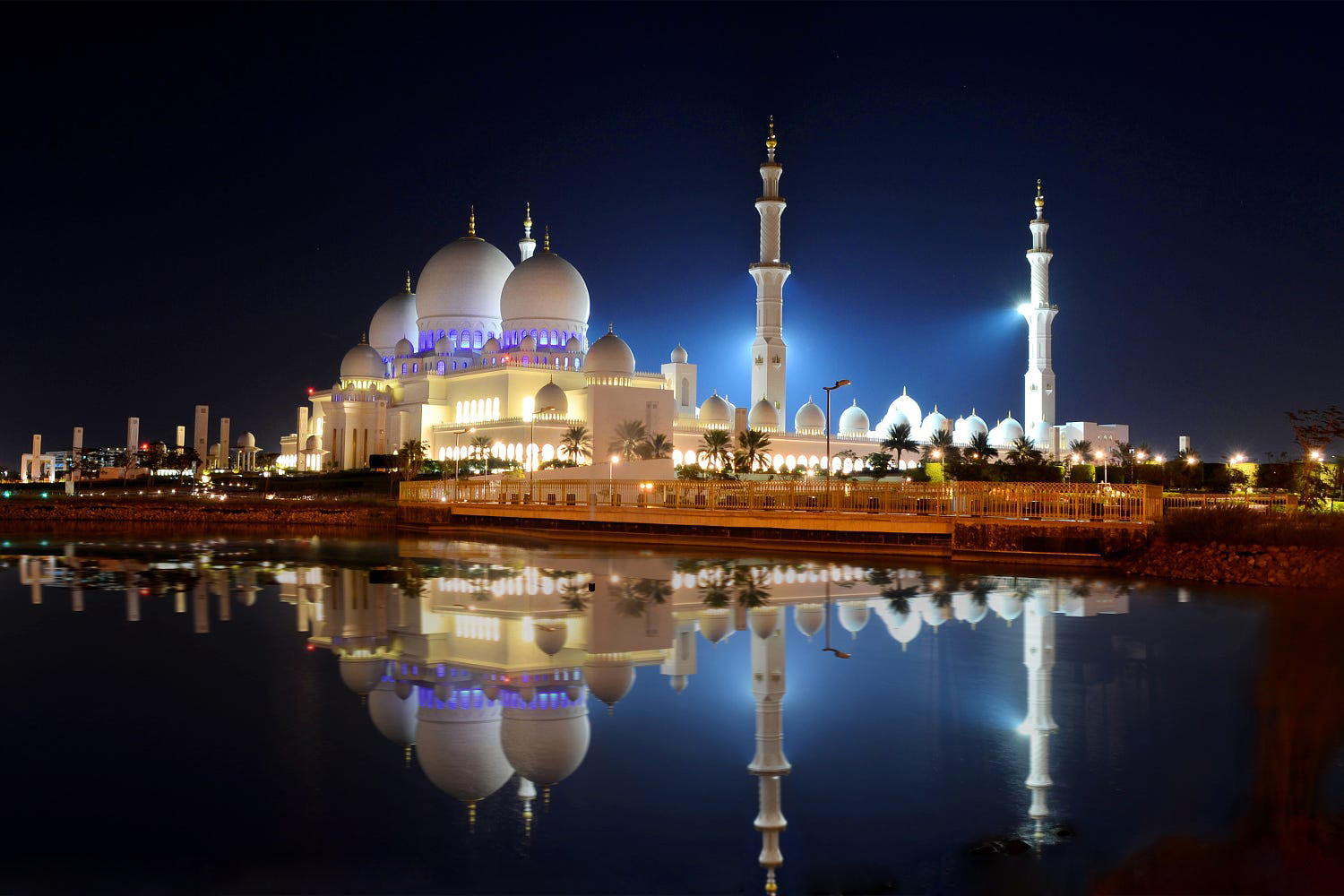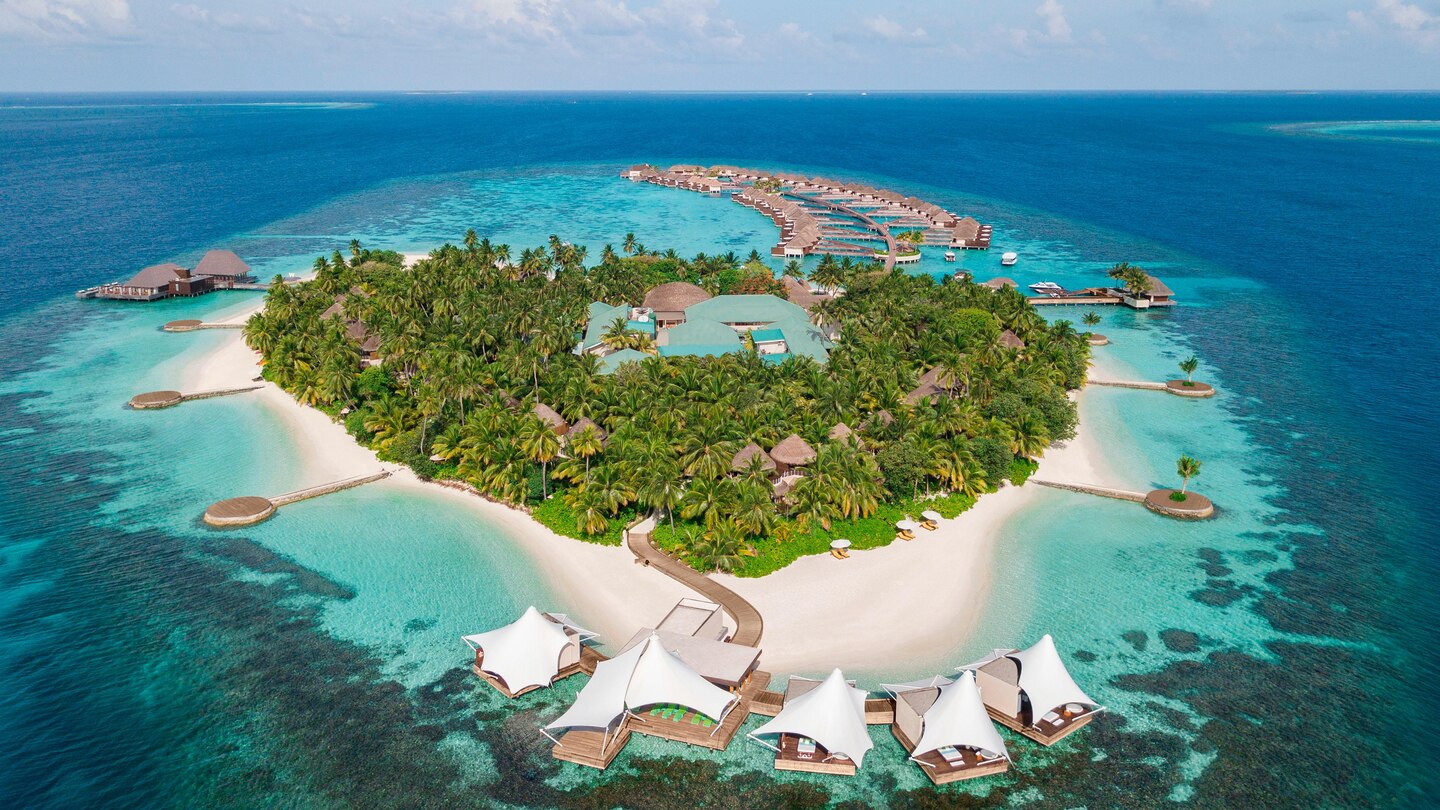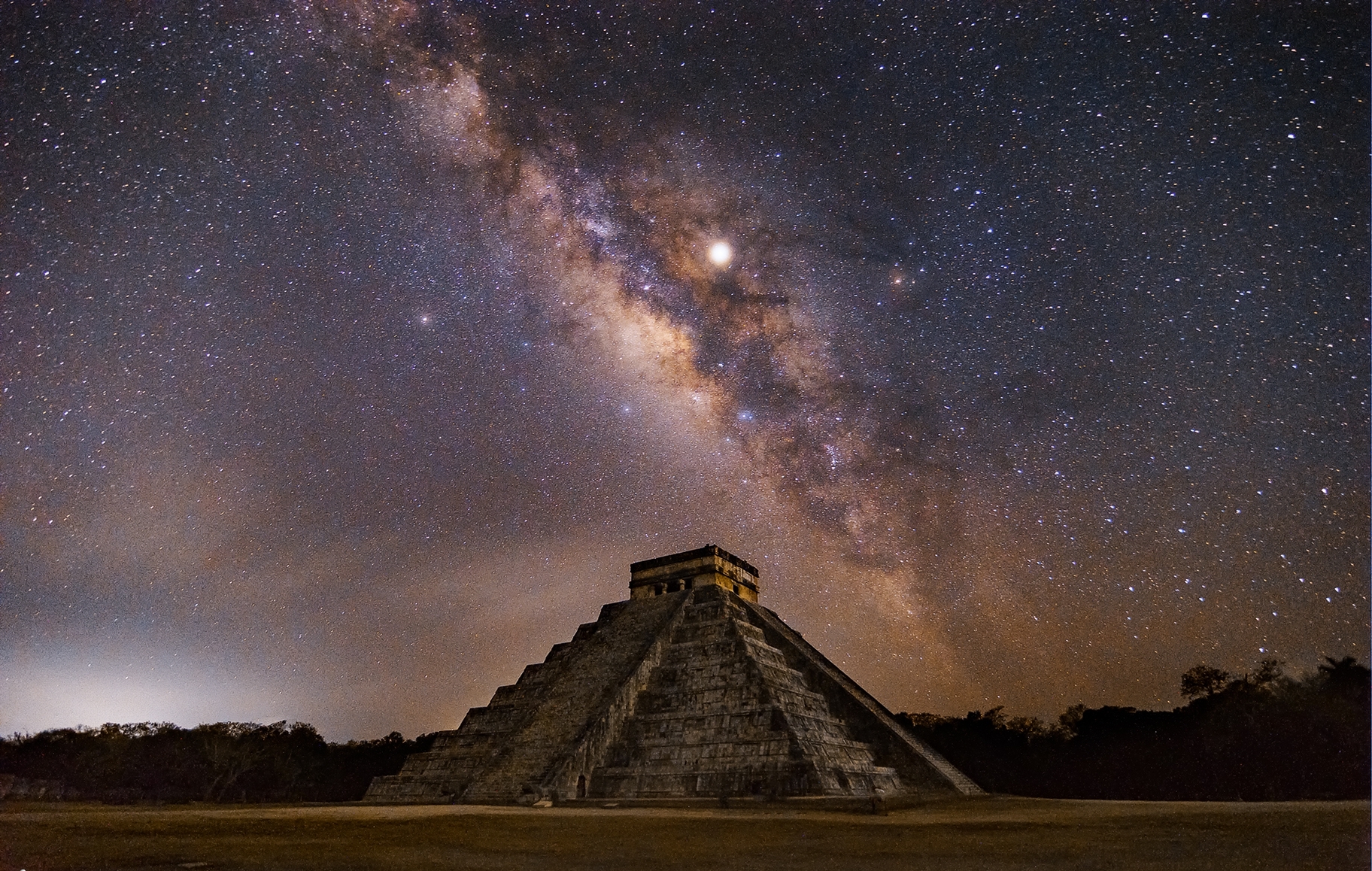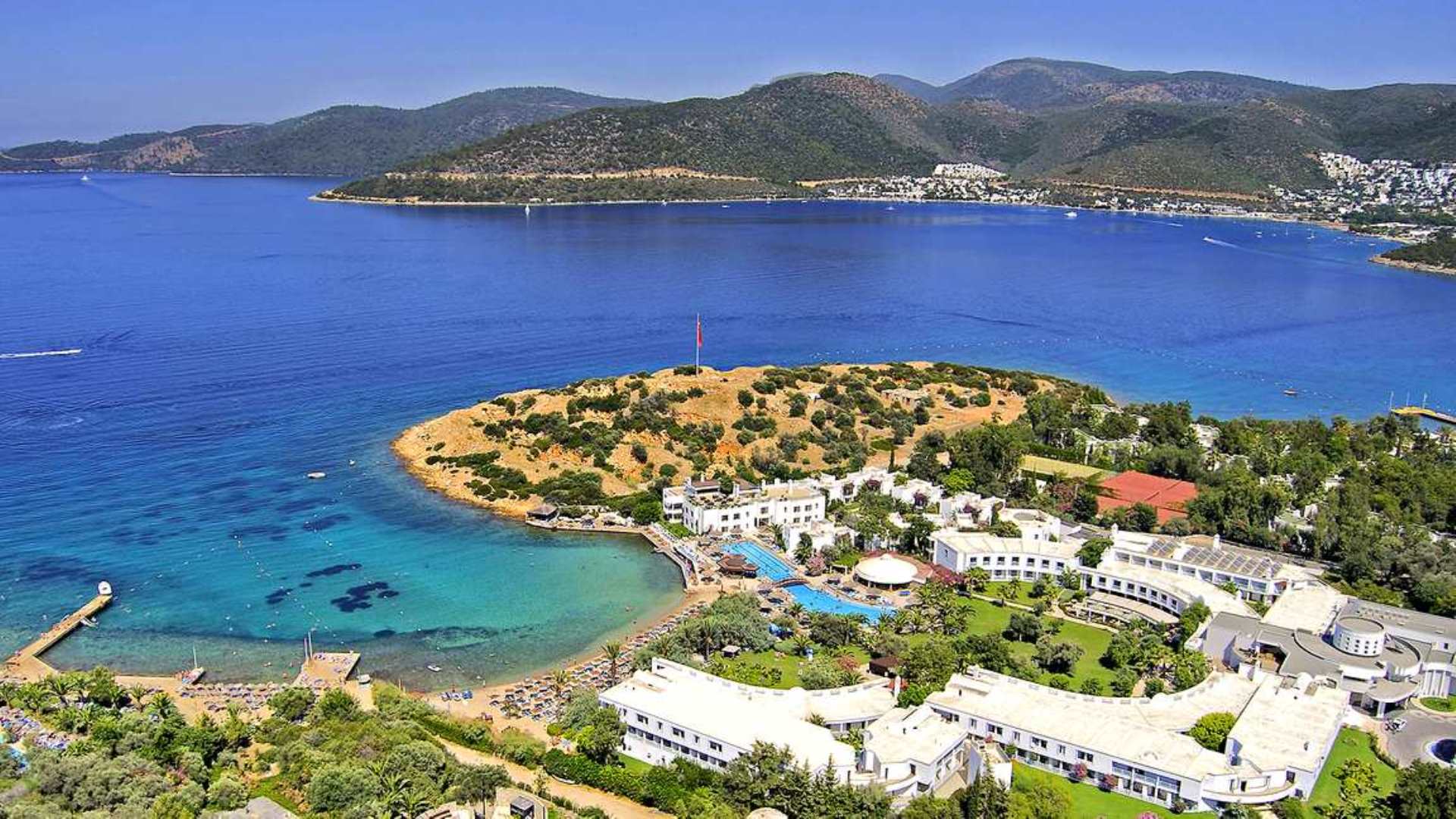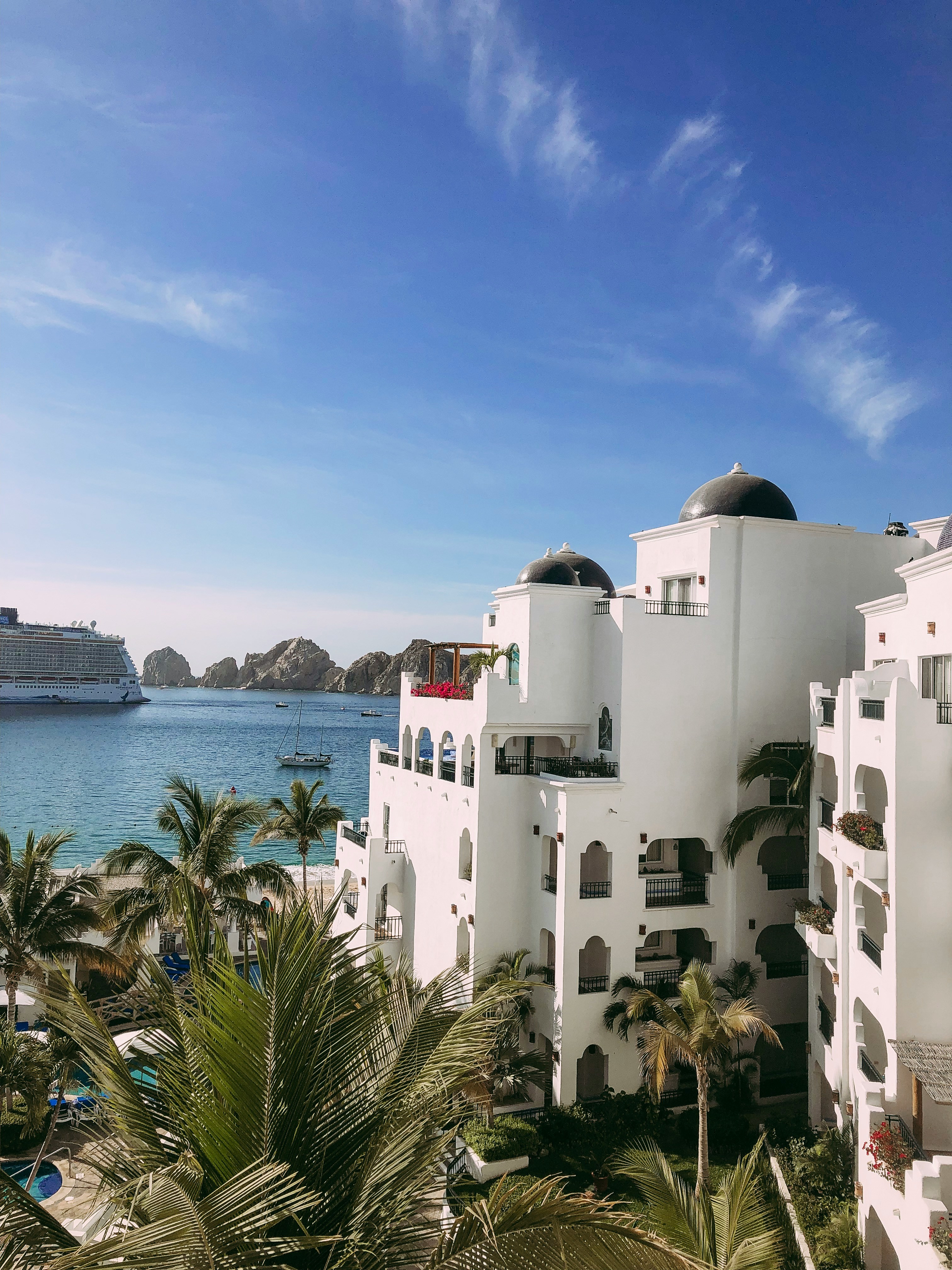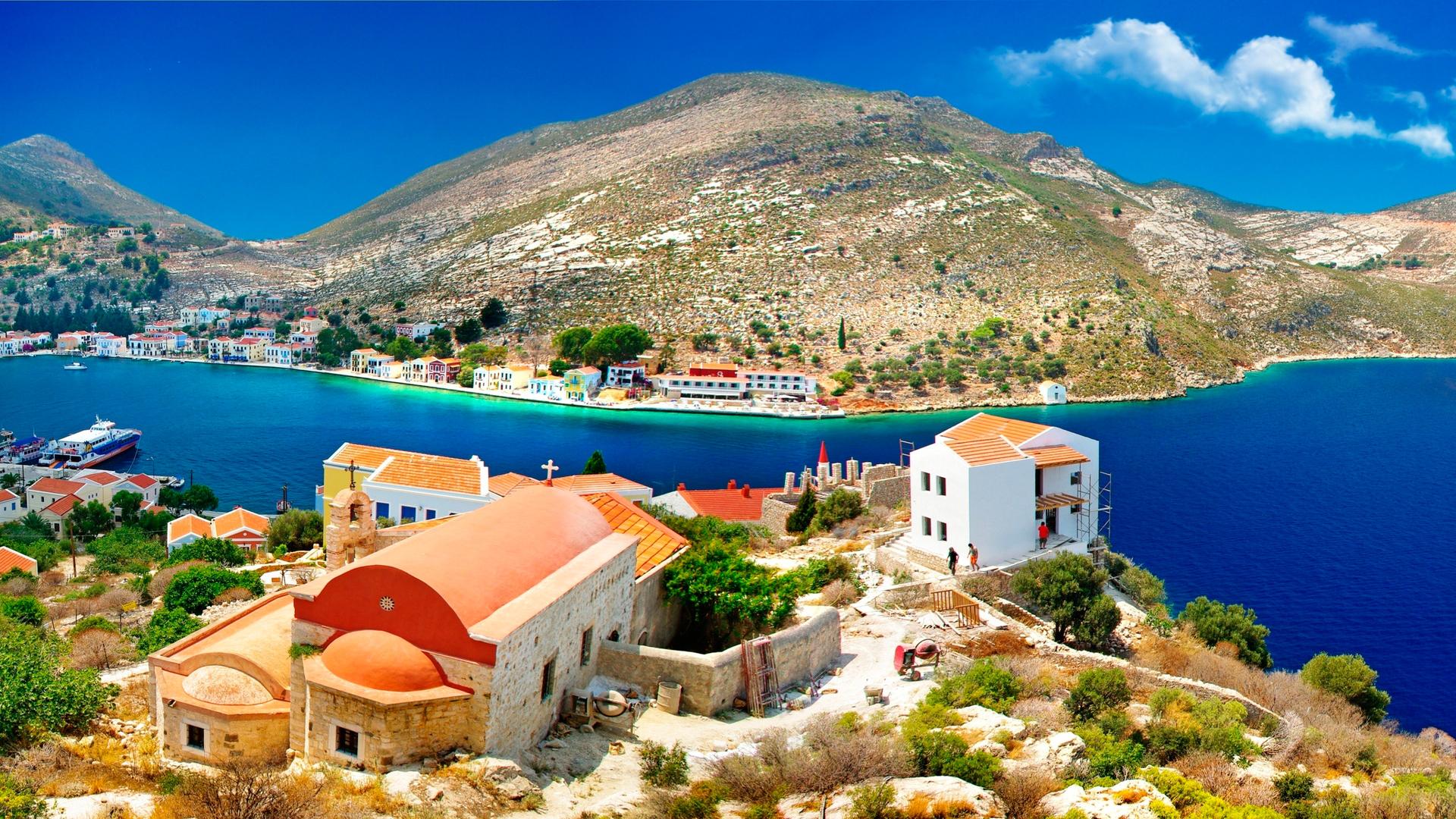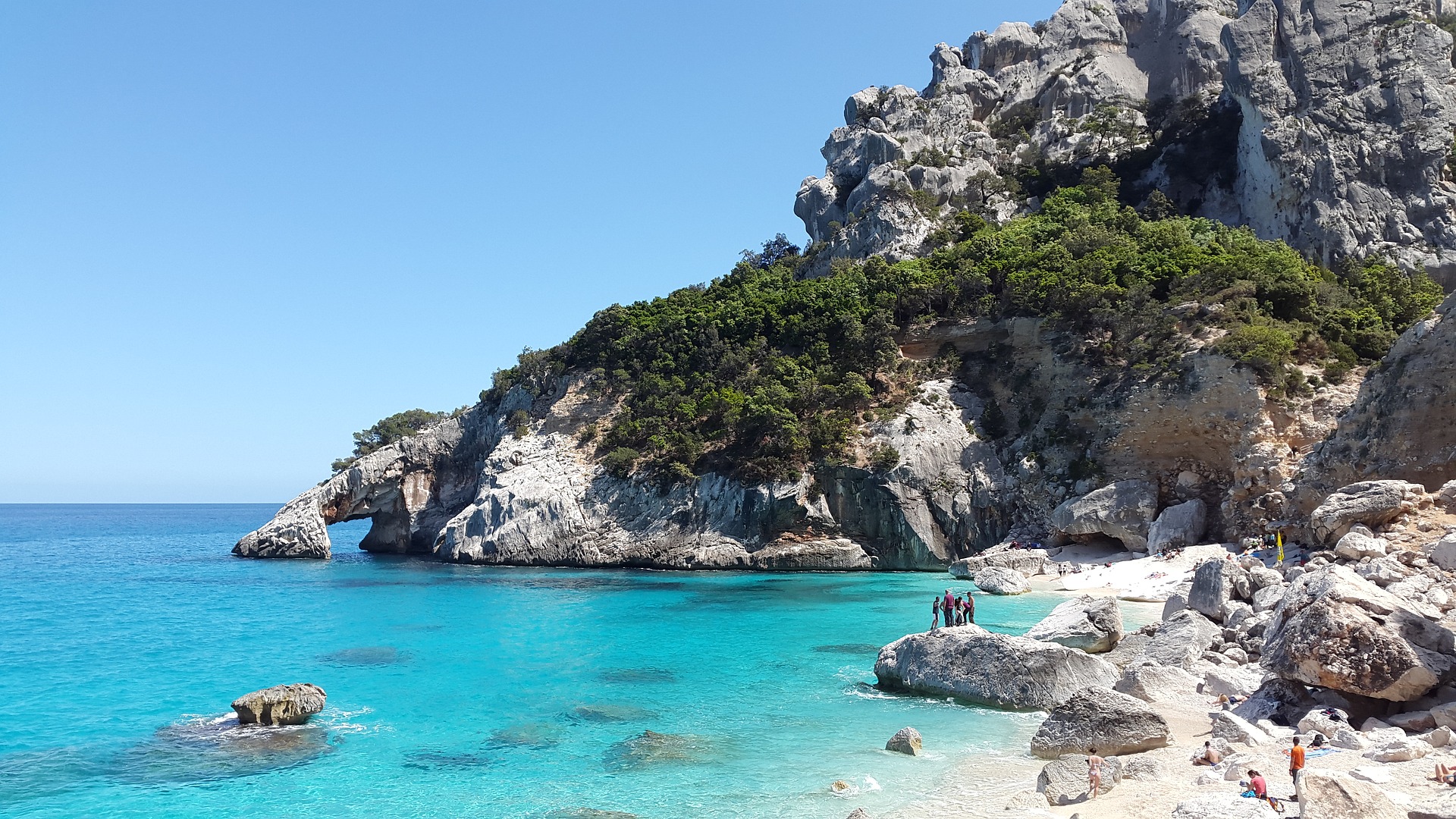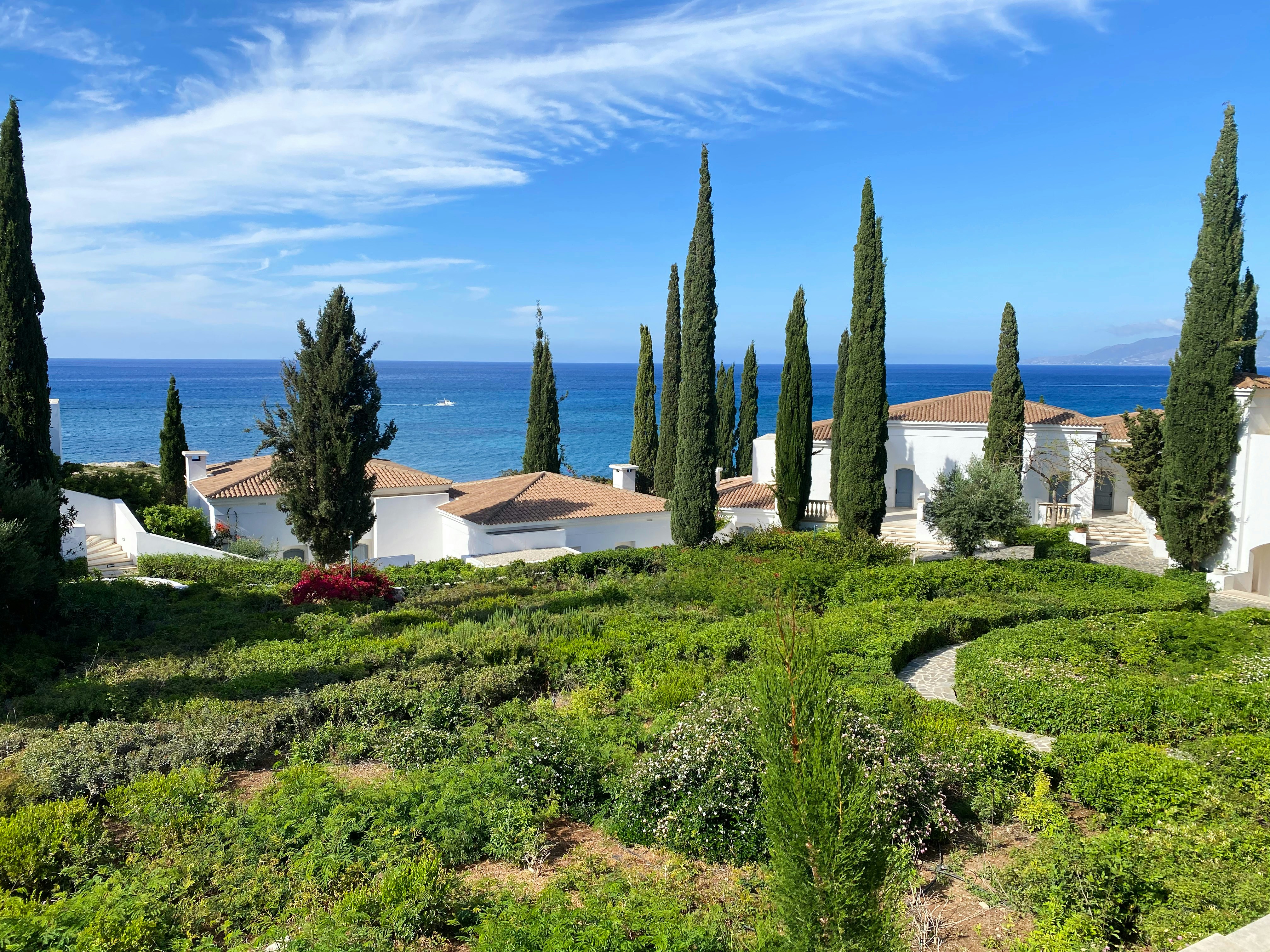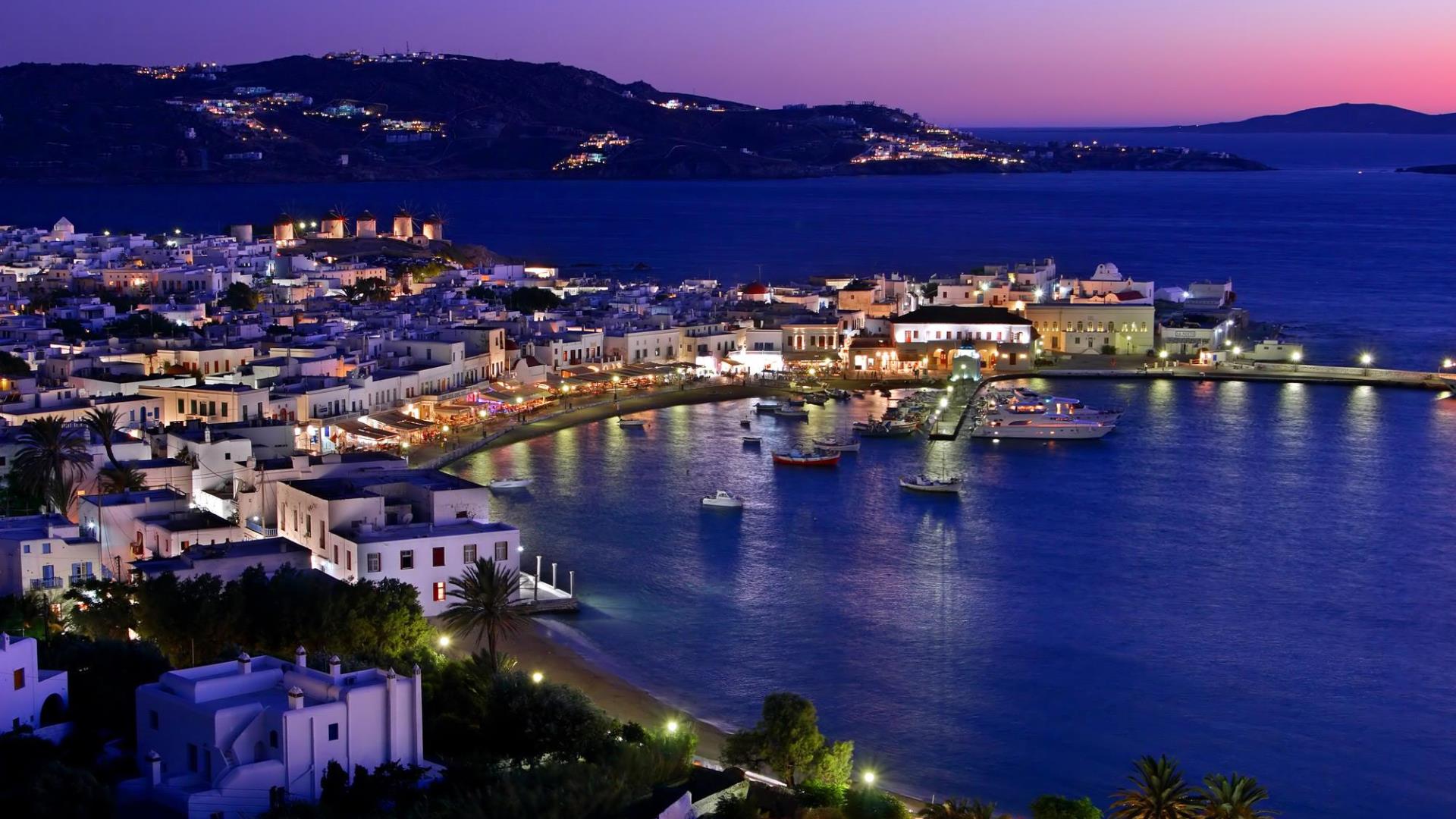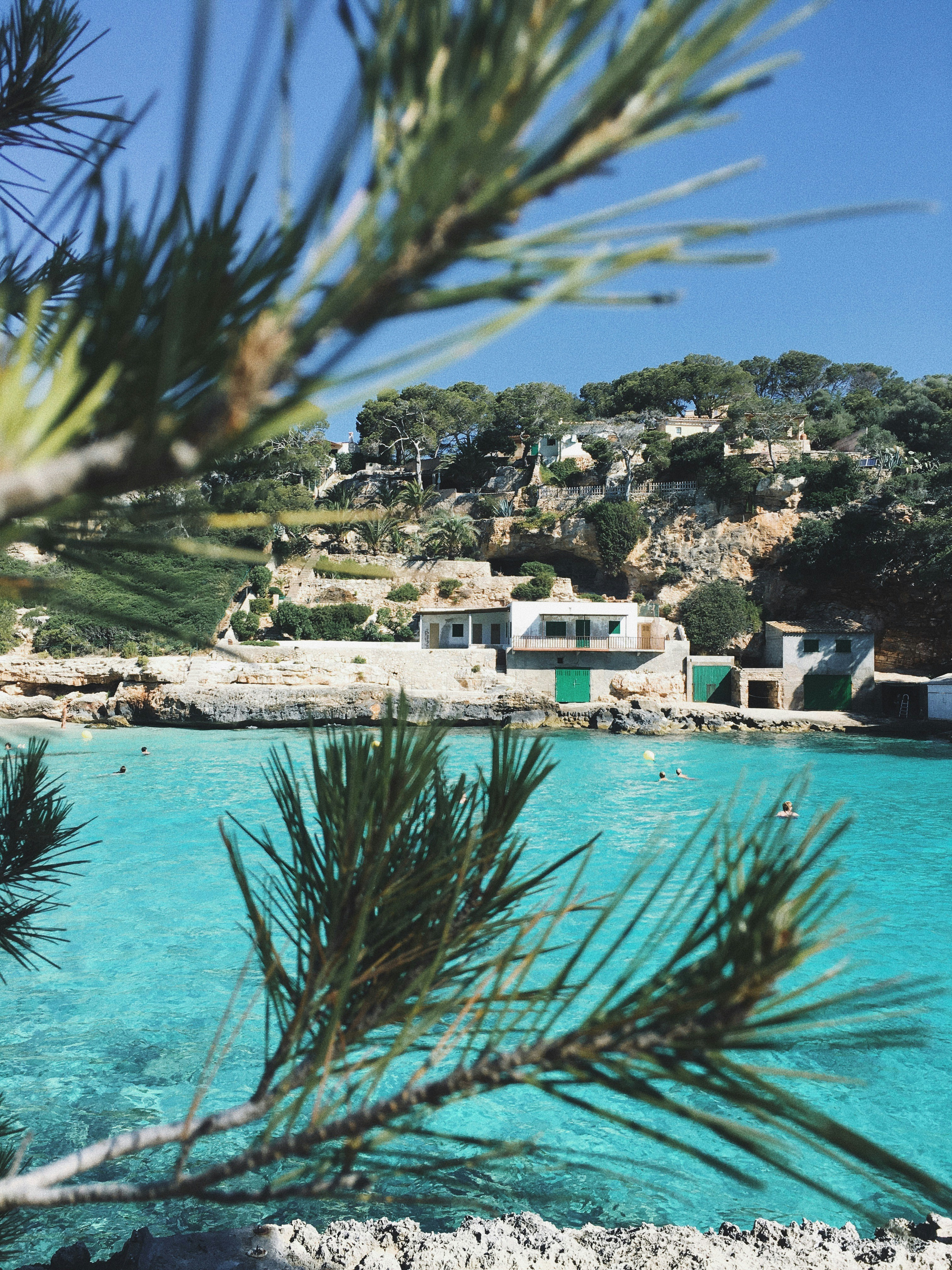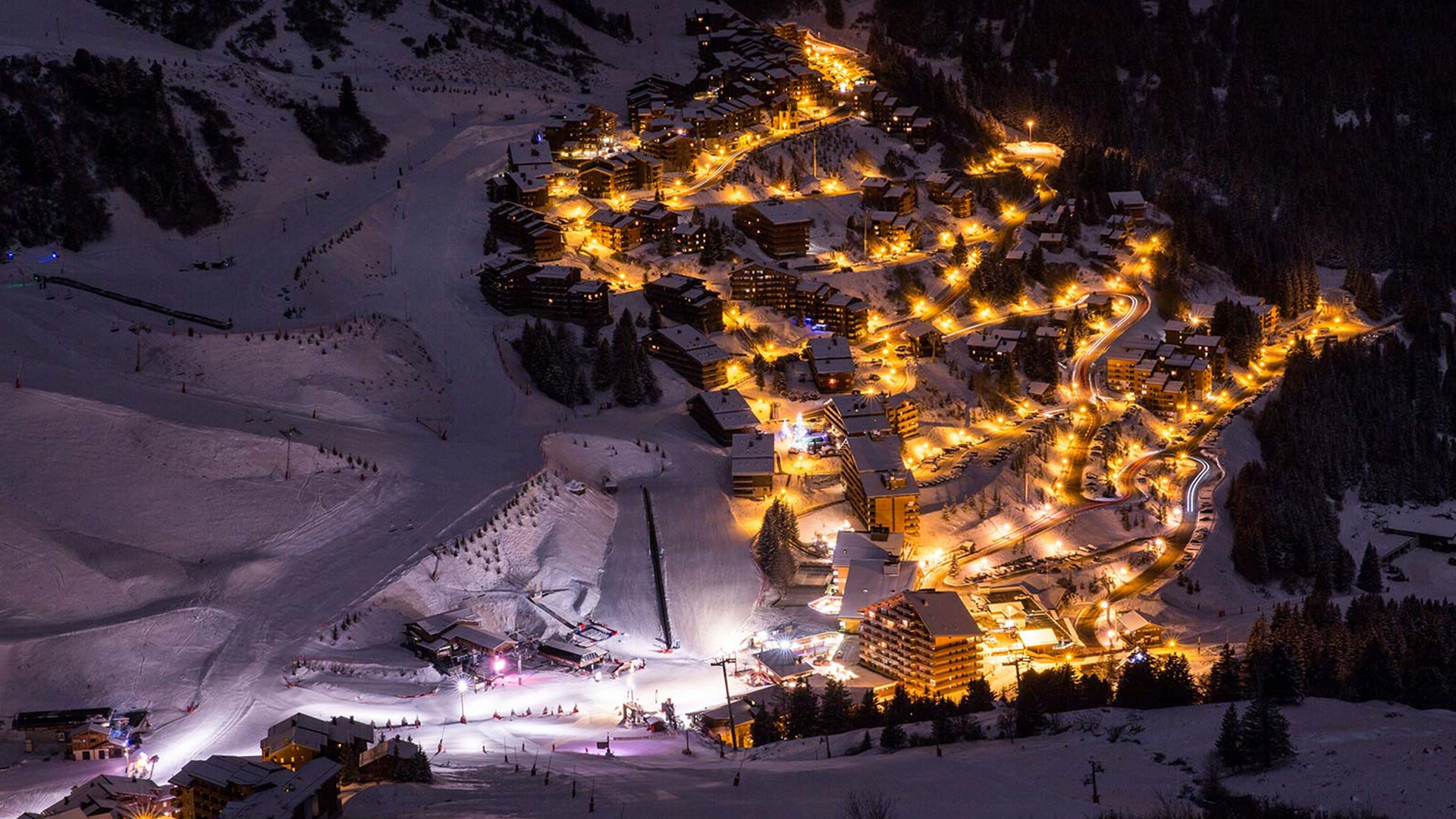Holidays in Pemba Island
Hotels
The islands of the Zanzibar Archipelago were known to Arab traders as Al Khuthera, which means the Green Island in translation. He entered the Arab treasury, like the Earth's paradise and the end of abundance. He was also a famous bucket industry, especially nails. Green colour, and indeed predominate throughout the island. Tropical forests with many birds, magnificent coral reefs around the island and the diversity of the underwater world attract tourists from all over the world to Pemba.
Of particular interest is the mixing of cultural and historical traditions. The multi-year Arab influence is visible in the face of the inhabitants of the Pemba Islands. Here, the Shiraz (Persia), the Arabs, the people of the Comoros and the Bantu from the African mainland were laughed. Despite the fact that Pemba is near Zanzibar Island, it is a distinct opposite. Pemba's natural lifestyle has never changed over time. Everything here is just like before the Europeans arrive. Devil forests, coconut palm trees, bananas and mangoes, rubber plantation and nail trees, terrestrial villages, beautiful coral reefs, lack of arable nightliness and noisy entertainment, there is every opportunity on the island to enjoy peace, privacy and beauty intact tropical nature.
Pemba has been known for many years as an island of worshiping the spirits of ancestors and popular medicine. And today, a lot of people come here looking for a panacea from disease or learning for charities. Historically, the island is directly linked to the history of the Zanzibar Archipelago and the Arab Sultanate, and the German colonial domination, was part of the British proctorate and then Zanzibar Republic. Since 1964, it has been part of the island of Tanzania. Many monuments have been preserved, witnesses of the island ' s history. On the eastern bank of the island, near the town of Chake Chake, the ruins of ancient cities Ras Mkumbuu are one of the major cities of East Africa of the 11th century, and Pujini is the old-fashioned city of the 13th century.
Unique opportunities for diving and deep-sea fishing have been provided to active recreationers. Pemba Strait (50 km width) separating the island from
The continent is the largest catch in East Africa. At different times of the year, we can witness the migration of marvellous sea giants, horbed whales, meet with mysterious bellow sharks and great whales.Pemba has some special, interesting places for experimental and even for starters. The emerald reef, which was named from covering its green corals, serves as a refuge for groups and local tropical fish, such as fish tribes, fusylers, bullheads, giant barracuds and resin fish. The location between the internal and external reefs, where the Greek trade vessel Paraportiani flooded in 1969, is marked by the diversity of fish, crabs, corals and galls. The large flat reef of Samaki is known by the beautiful corals and the rareness of the rich underwater fauna: lobsters, octopus and muren, surgeons and fusilers. Rif Misali Big Blue is particularly interesting for experienced divers: great depth, strong underwater, excellent visibility and reef sharks, barracuds, giant rocks. Intersen and the extraordinary reef of Makarer on the south-western border of Misali, which is a group of coral hills with a densely populated underwater world. Pemba has unique environmental lodges built for guests, where accommodation is compatible with the absolute nature of life. There's a Chake Chake airport on the island.
Diving, deep-sea fishing and water sports.

